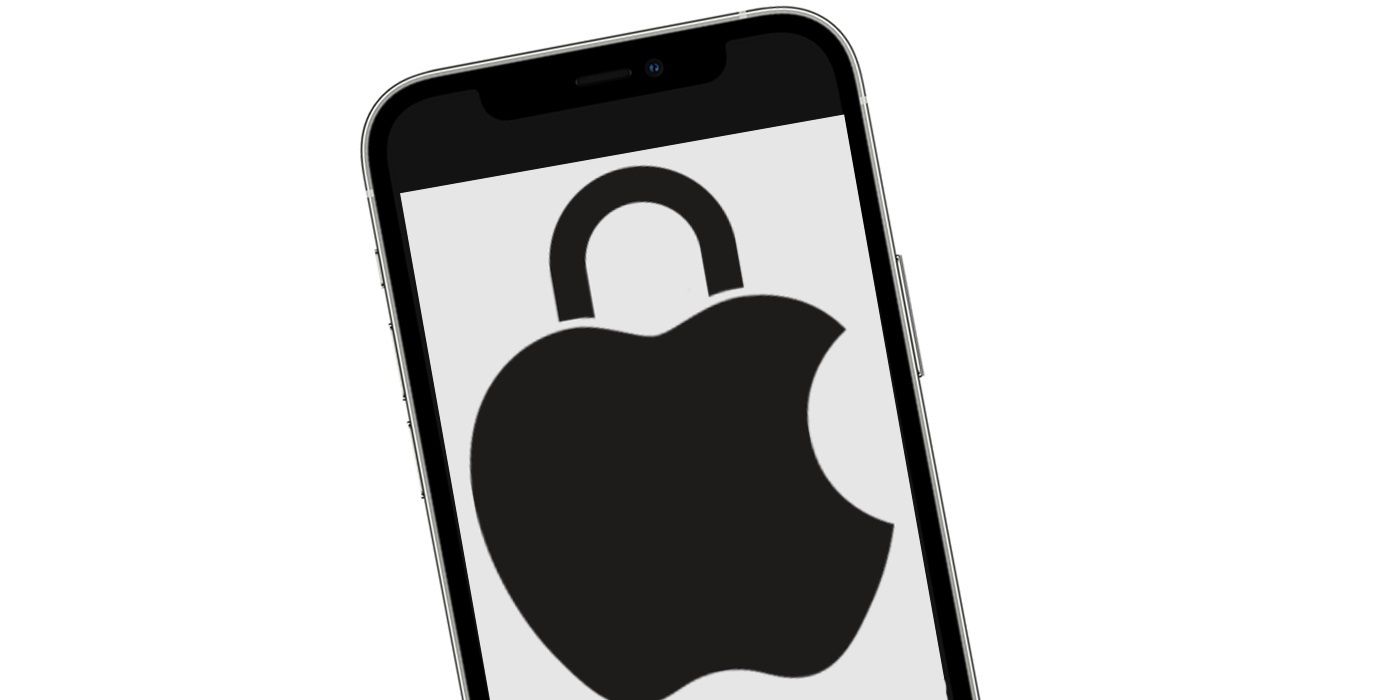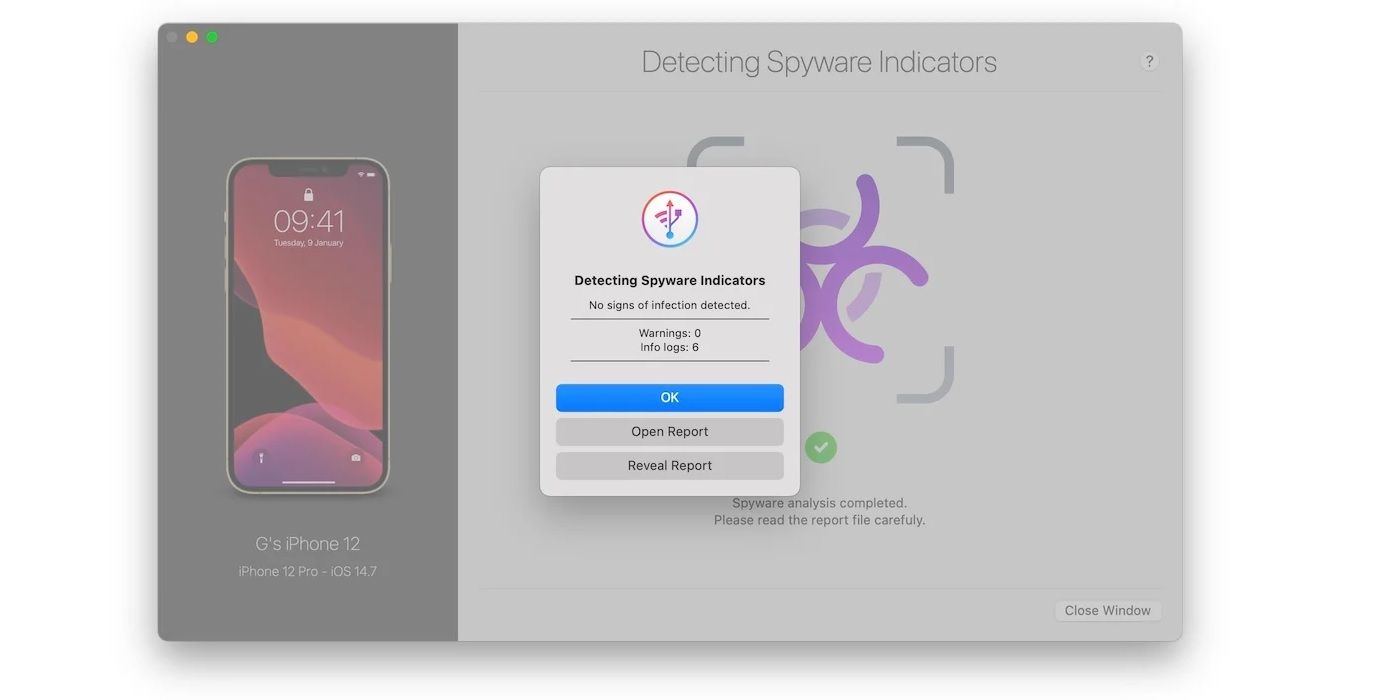iPhone and iPad users can install free software to help determine and find out if Pegasus spyware is present on their devices. Earlier versions of Pegasus spyware were installed on phones remotely through vulnerabilities in apps, or by phishing users into clicking an infected link or document. Now, the spyware can be installed remotely through messaging apps and can even be installed on a target's phone without the user having done anything. The original design for the Pegasus spyware was created by NSO Group and was reportedly used to track criminals.
Malicious monitoring programs have recently made waves on the internet although the technology has been around for quite some time. Even with the relatively intrusive data harvesting performed by tech companies, there are simply many items saved on personal devices that users won't want strangers to view. While companies like Apple are reactively working to fix vulnerabilities as they are exploited, finding an affordable, easy-to-use virus-scanning program can be a good way to keep sensitive data safe.
Users can run a spyware detection program through iMazing, an app that allows users to transfer and backup their iPhone and iPad data to their personal computers. iMazing recently updated its PC and Mac app to include Amnesty International's Mobile Verification Toolkit to detect Pegasus and is not charging users for access to the feature. After downloading the app, users will need to connect their device to their computer, grant the app access, and locate the 'Detect Spyware' function to start the process. Users will then be asked to accept a license to use the tool. After which, the app will create a backup of the connected device’s data to scan, and look for any spyware on the connected device. The process can take some time to build a backup and scan through the device.
What To Do After The Scan
In most cases, the scan will hopefully not result in a positive result. However, if the scan does inform the user of any detected spyware, iMazing’s guide directs them to send the analysis report to the customer support team. After receiving the report, the team will begin looking through it to make sure the result is not a false positive. In the meantime, iMazing suggests users refrain from sending any sensitive messages. In cases where anything politically sensitive might be involved, the user is advised to “immediately remove your sim card from your iPhone, fully power it down, and seek expert advice.”
Due to the nature of Pegasus, most users probably won't need to worry about whether or not their device is infected. However, numerous other spyware can find their way onto a device connected to the internet, so performing a scan like this is simply a sound decision. Even if the program fails to pick up on an infection, learning how to navigate software can further help those wanting to better understand how to clean viruses from an iPhone or iPad in general.
Source: iMazing


